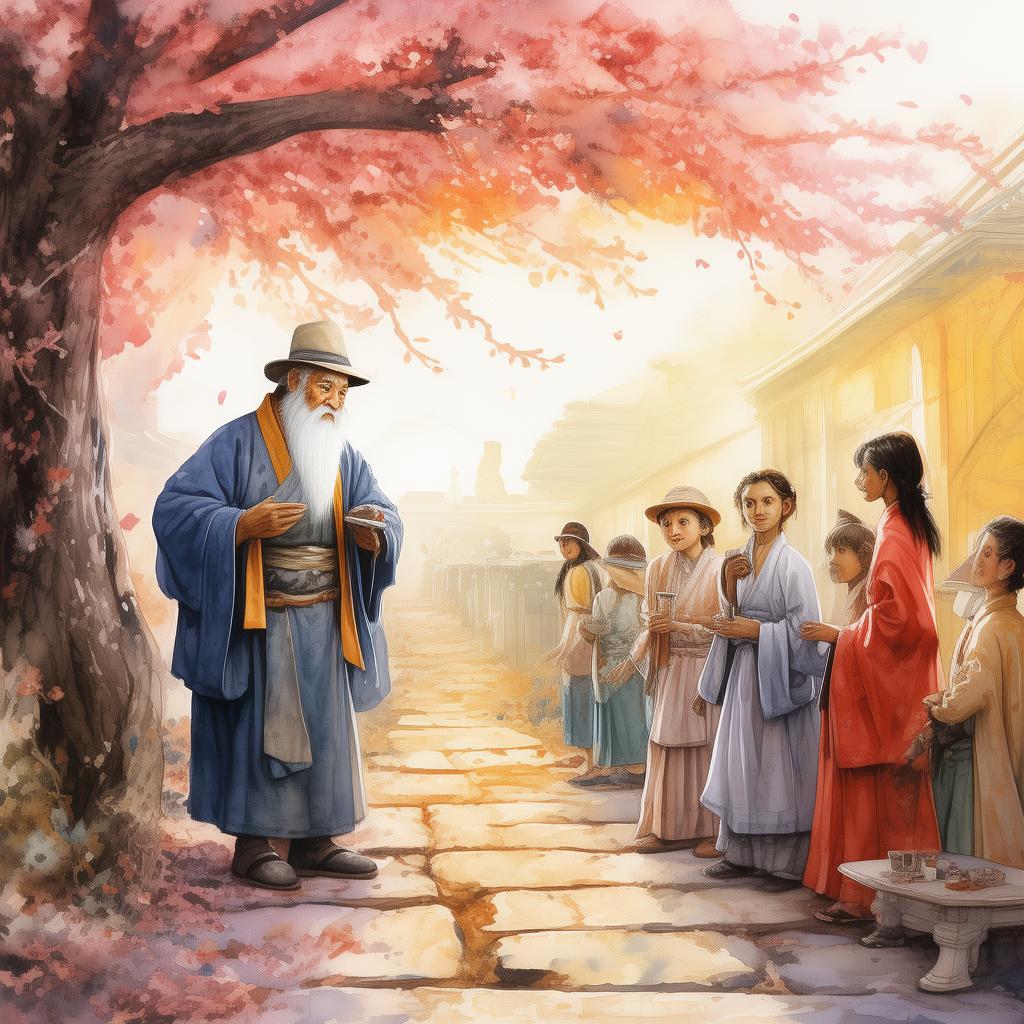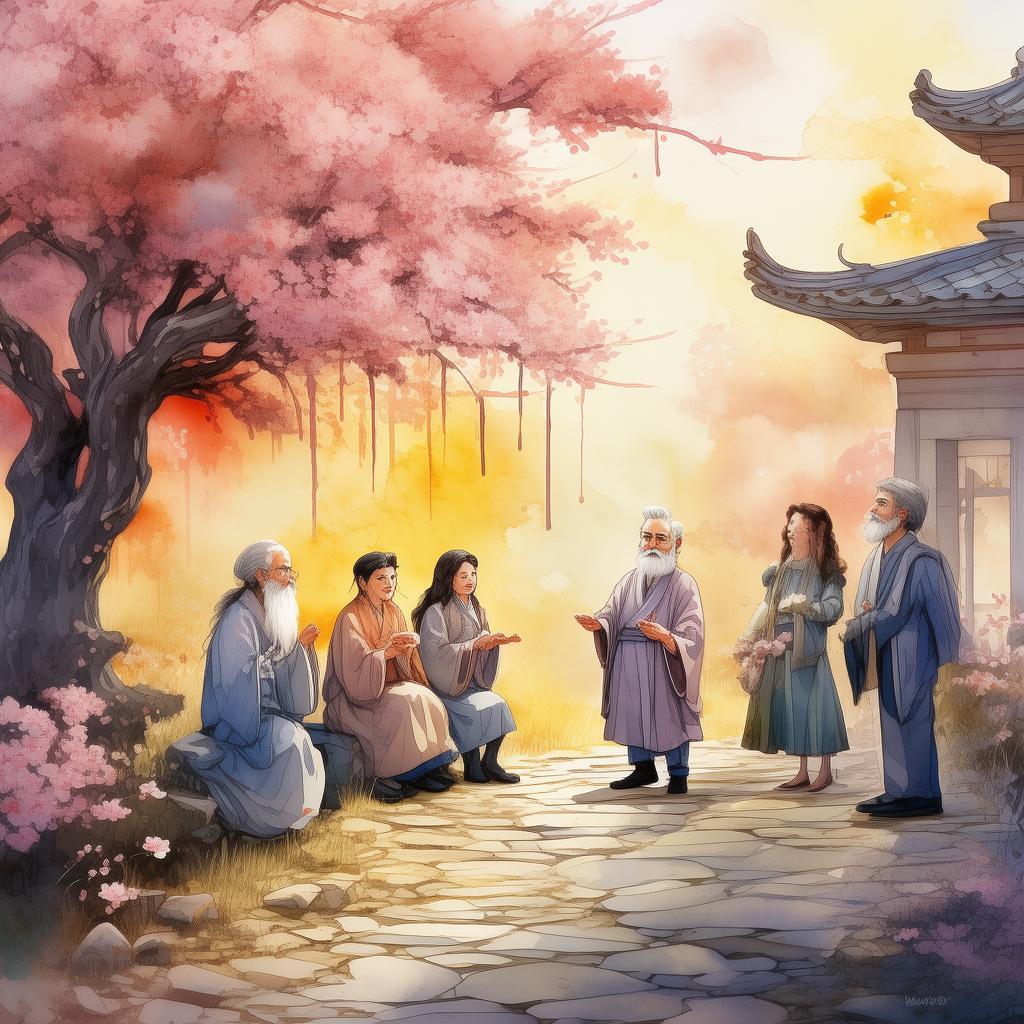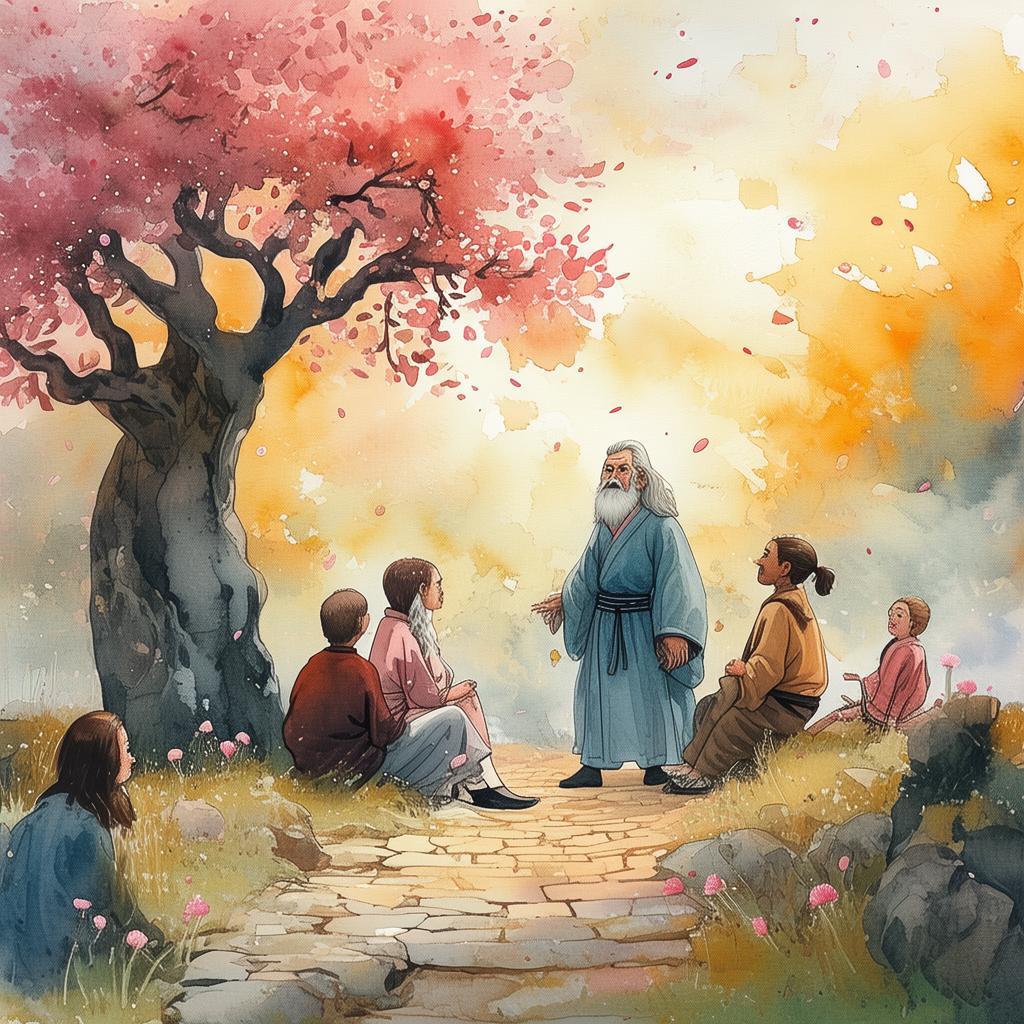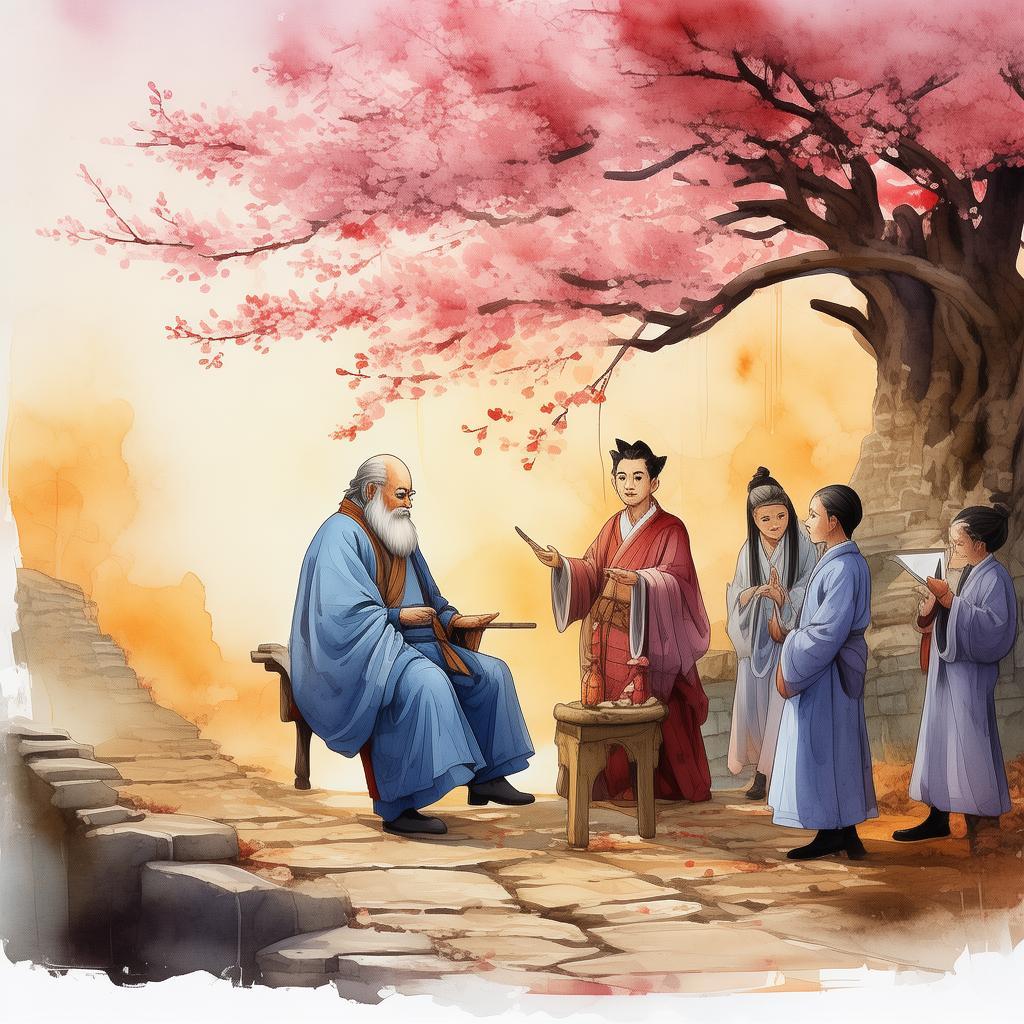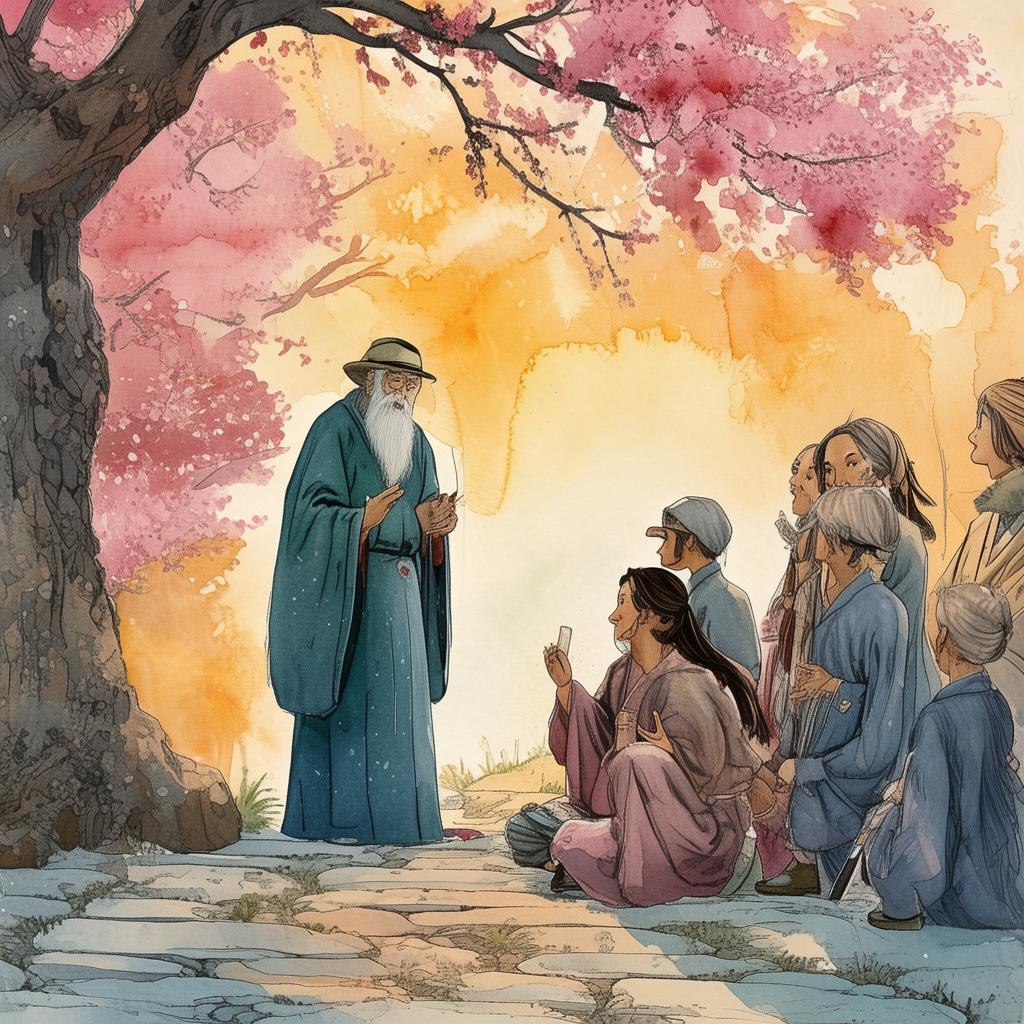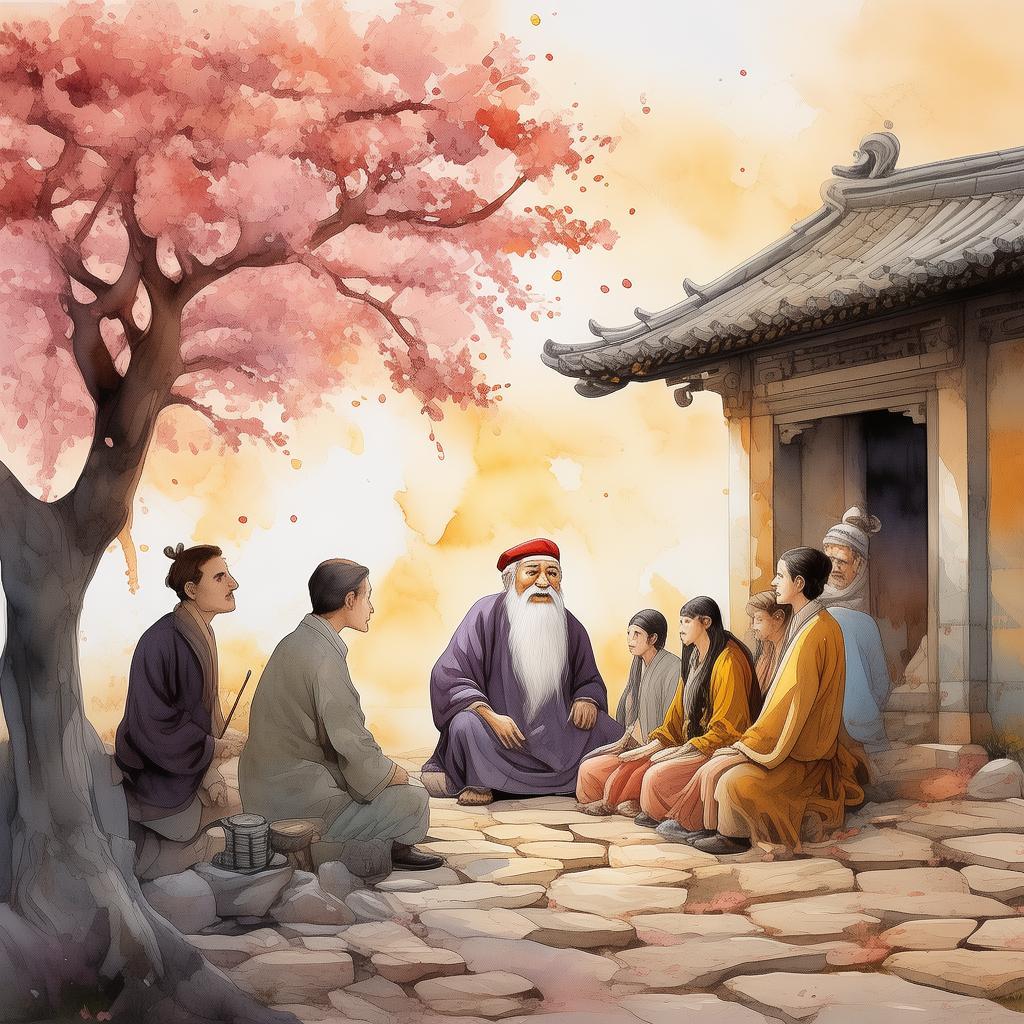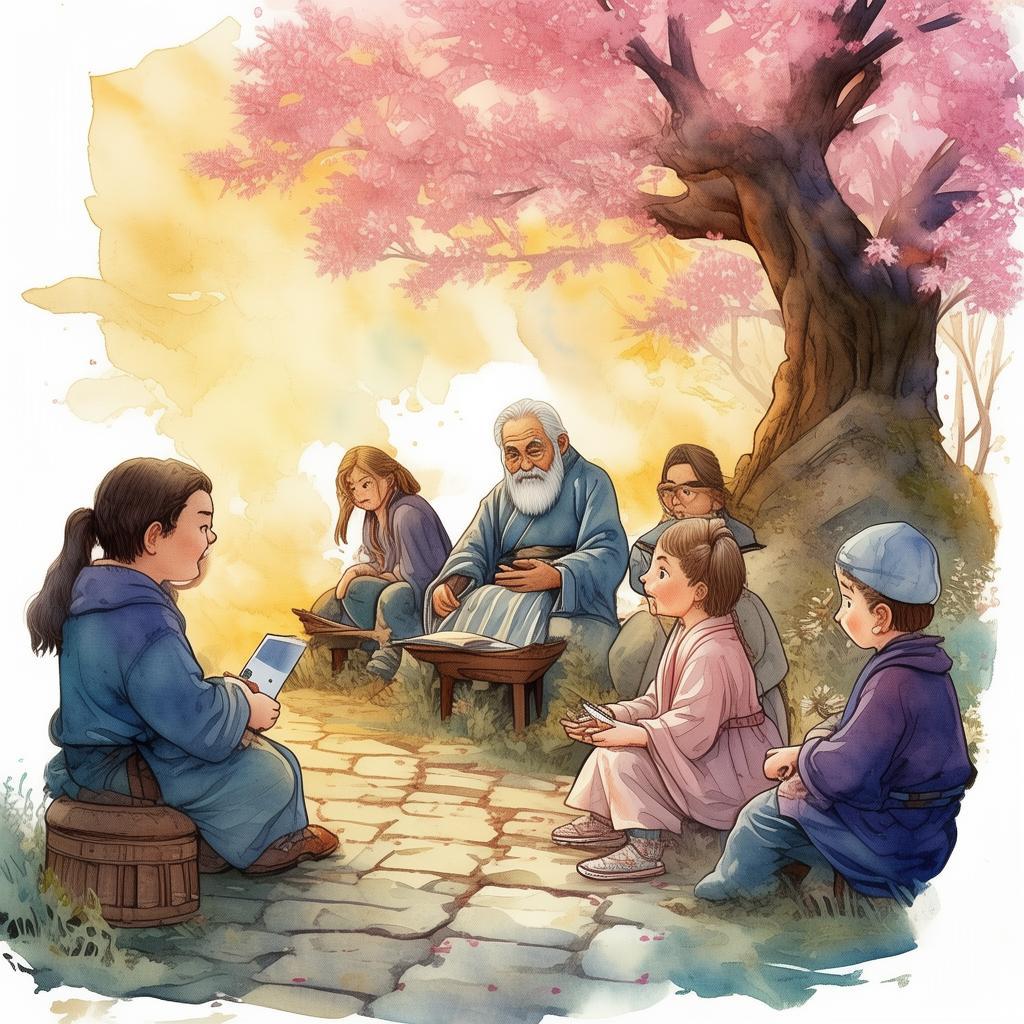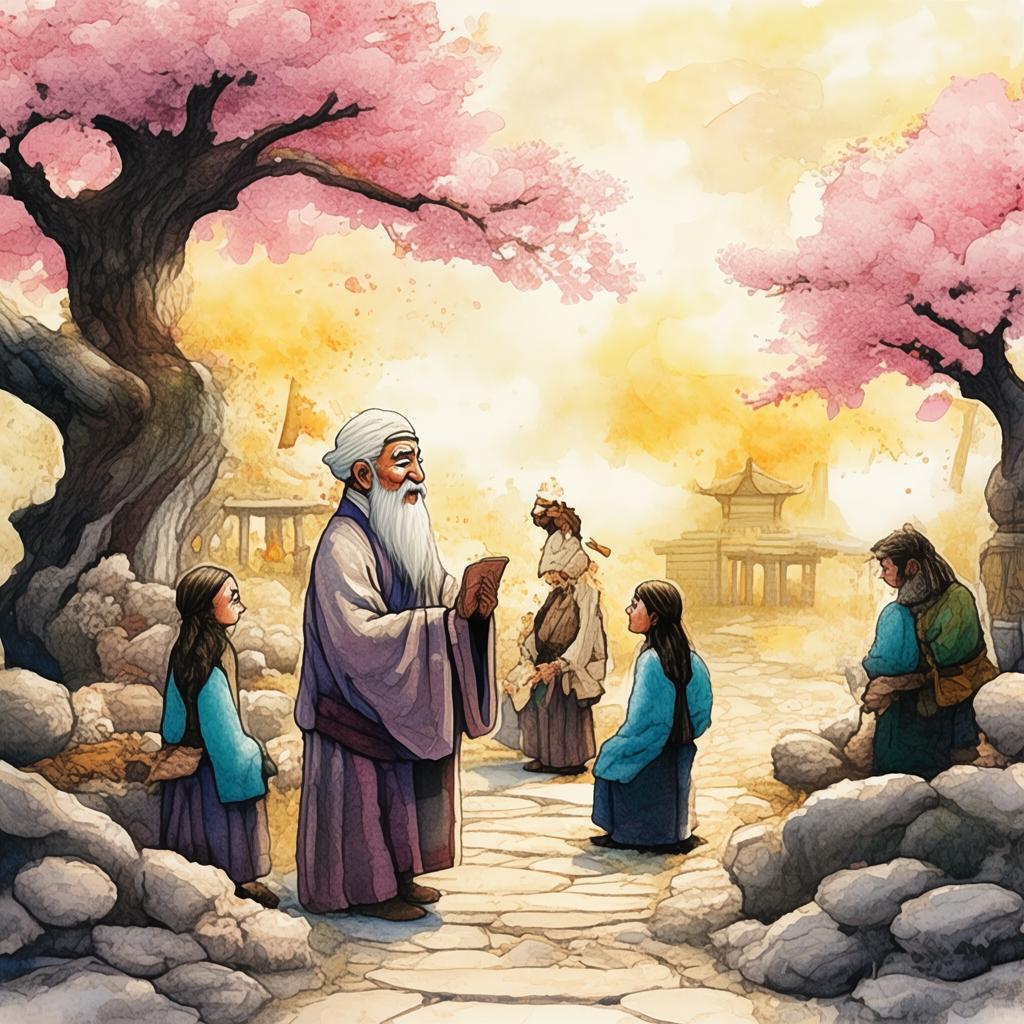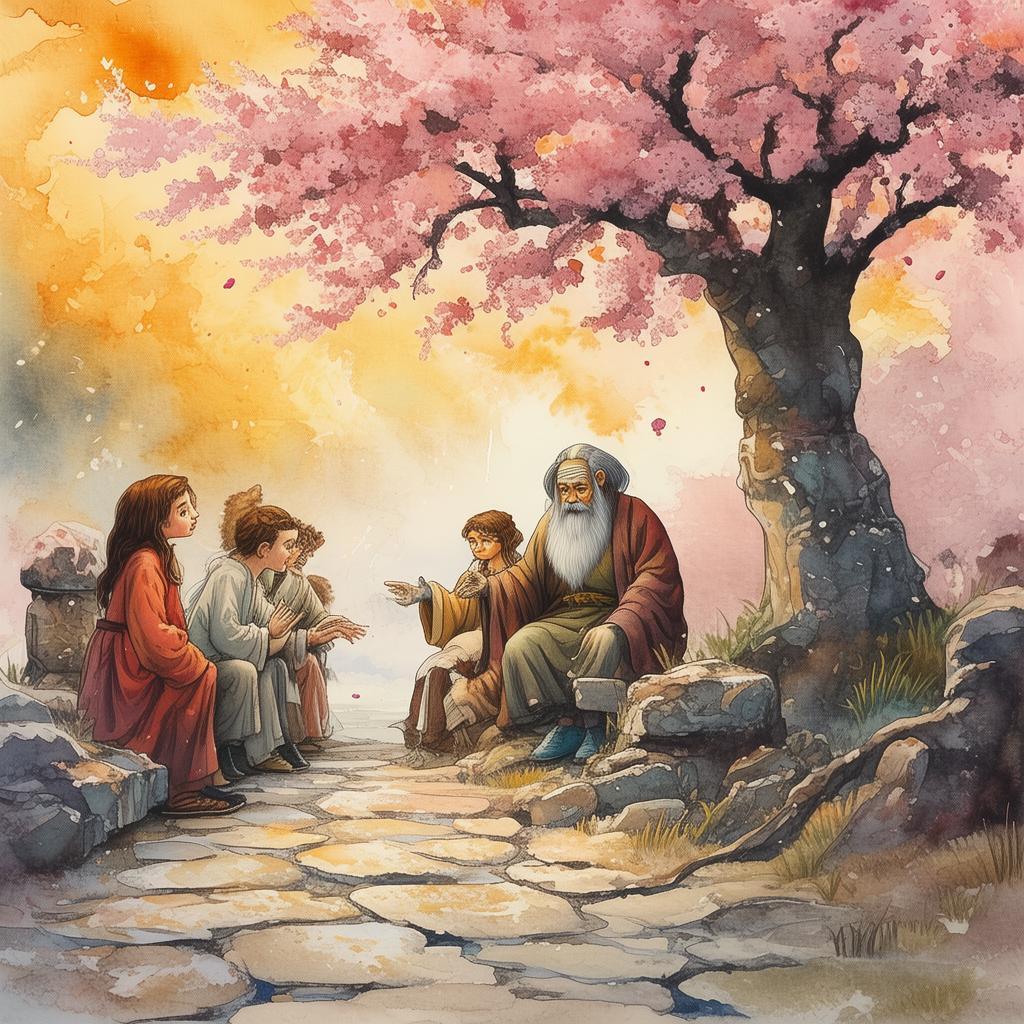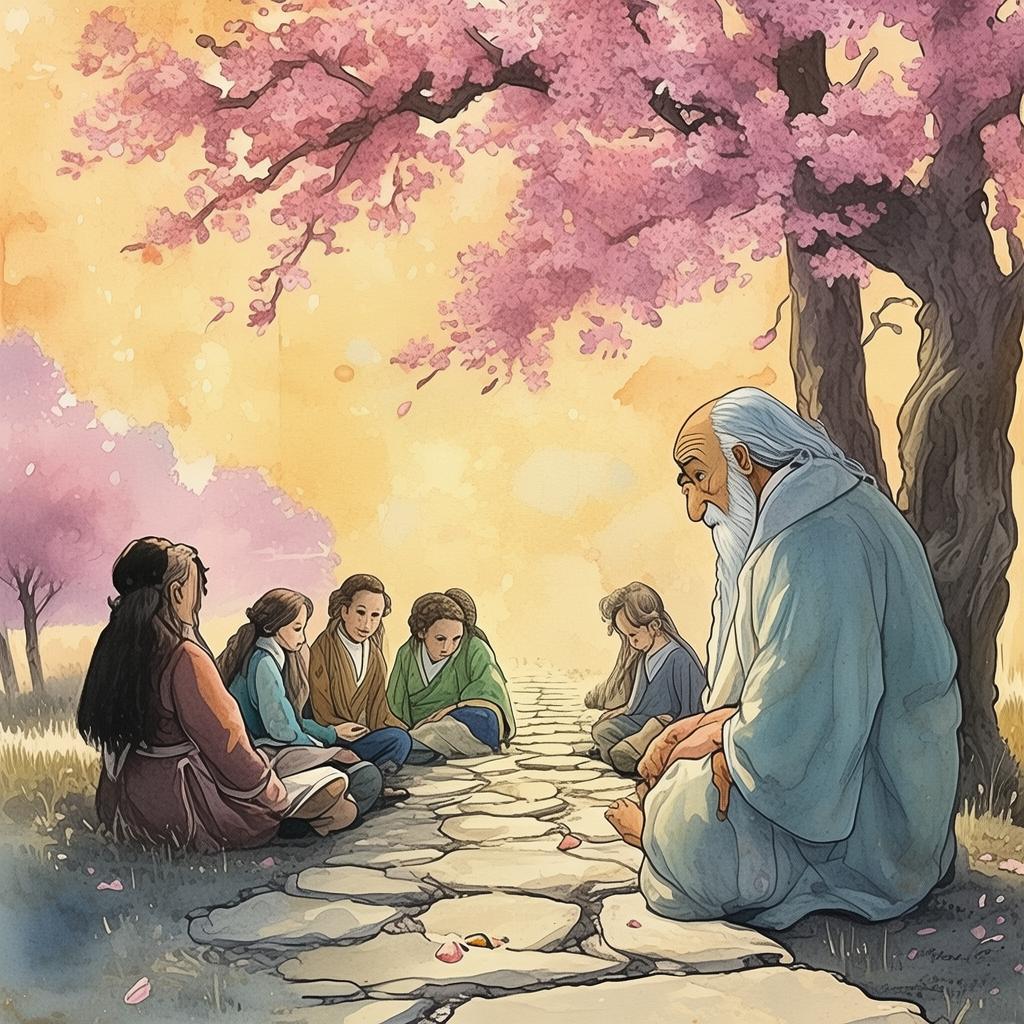The Resonant Echo of Defeat: The Symphony of the Ironclad Symphony
In the heart of a city shrouded in mist, where the symphony of life played its endless tune, there was a musician named Aria. Her fingers danced upon the strings of her violin with a passion that could move mountains, but her heart was a hollow chamber, echoing the melodies of a symphony that was as beautiful as it was self-destructive.
Aria had always been captivated by the works of The Ironclad Symphony, a mythical composer whose music was said to be both enchanting and cursed. It was rumored that the melodies of The Ironclad Symphony were so powerful that they could either bring joy or bring despair, and that the composer himself had succumbed to the latter, ending his own life in a fit of madness.
One fateful evening, as the city was enveloped in a blanket of fog, Aria received a mysterious letter. It was a hand-written score from The Ironclad Symphony, addressed to her alone. The letter spoke of a shared destiny, of a symphony that would resonate through time, but at the cost of the composer's soul.
With trembling hands, Aria began to play the score. The music was haunting, a mix of soaring melodies and dissonant chords that seemed to pull at the very fabric of reality. She felt a strange connection to the music, as if it were a mirror reflecting her own inner turmoil.
Days turned into weeks, and Aria became obsessed with the symphony. She practiced until her fingers were calloused, her mind consumed by the music's haunting beauty. But as the melodies grew more complex, so did the self-destruction that seemed to follow them.
One night, as Aria played the final movement of the symphony, the music reached a crescendo that seemed to shake the very walls of her home. The notes became more desperate, more frantic, until they reached a point of no return. Aria felt a sudden chill, as if the music itself were rejecting her.
As the final note rang out, Aria collapsed to the floor, her violin lying beside her. She had heard the whispers of her own self-destruction in the symphony's melodies, and now she felt the weight of it pressing down on her. She realized that the symphony was not just a reflection of her inner turmoil; it was a manifestation of her own self-destructive nature.
In the days that followed, Aria's condition worsened. She could no longer bear the sound of her own violin, and she shunned the company of others. The once vibrant musician became a shadow of her former self, her life reduced to a series of echoes from the symphony that had once filled her heart with such joy.
One evening, as Aria lay in her bed, the door creaked open. A figure stepped into the room, a silhouette against the light of the moon. It was a man, his face obscured by the darkness. He approached the bed and gently took Aria's hand.
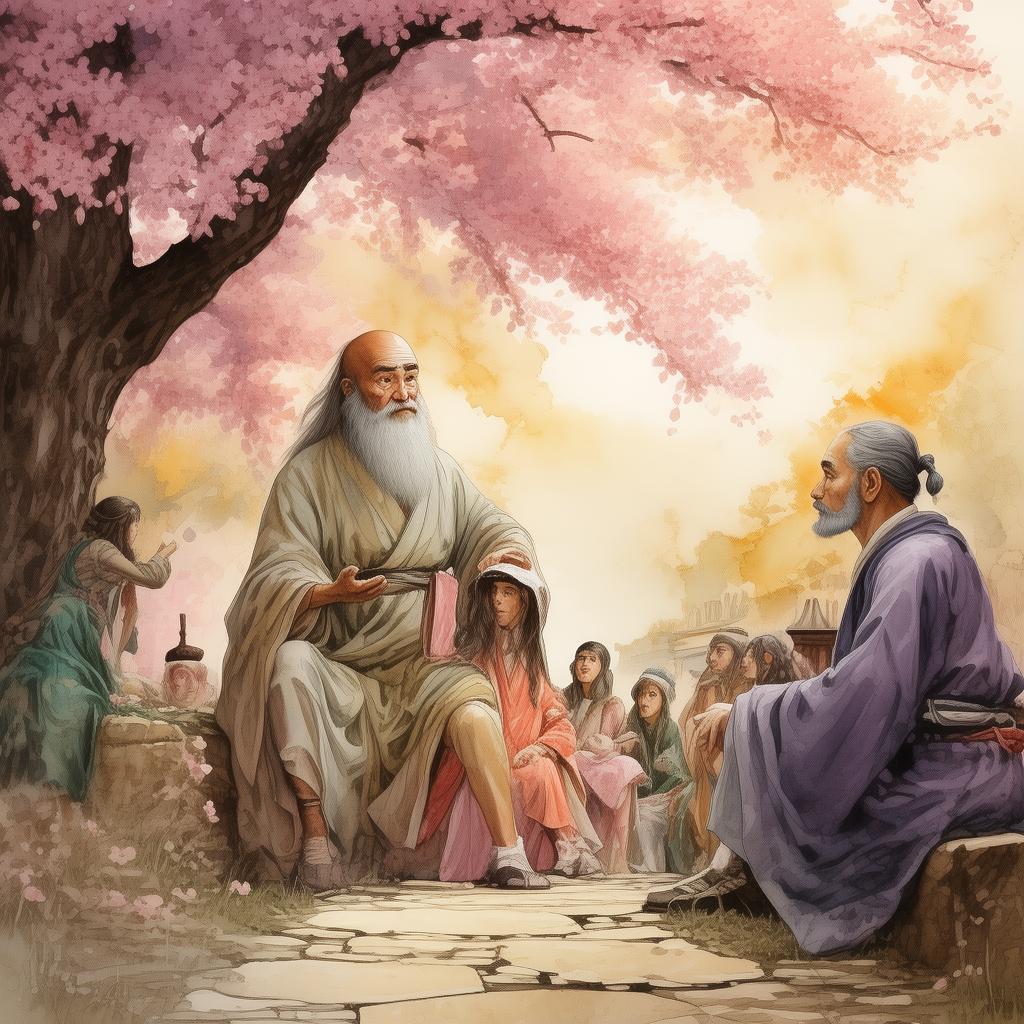
"You have played the symphony well," he said softly. "But now it is time to let it go."
Aria looked up, her eyes meeting his in the dim light. "Who are you?" she asked, her voice weak.
"I am the guardian of the symphony," the man replied. "And I have come to tell you that your time with the music is over."
Aria tried to pull away, but the man's grip was firm. "Why must I let it go?" she cried. "It is the only thing that has ever understood me."
"The symphony is a tool, not a crutch," the man said. "It is meant to be shared, not consumed."
Aria closed her eyes, her heart heavy with the weight of her realization. She knew the man was right, but she also knew that letting go of the symphony would mean letting go of a part of herself.
With a deep breath, Aria opened her eyes and looked at the man. "Thank you," she said. "I will let it go."
The man nodded and turned to leave. As he opened the door, he paused and turned back. "Remember, Aria," he said, "true art is not about self-destruction, but about the beauty that can be found in the sharing of one's soul."
With that, the man disappeared into the night, leaving Aria alone with her thoughts. She knew that the symphony would continue to resonate through time, but she also knew that she had found a way to move forward.
In the days that followed, Aria began to heal. She no longer felt the pull of the symphony's melodies, and she found joy in the simple act of living. She returned to her violin, but this time, she played with a newfound sense of purpose, sharing her music with others.
The story of Aria and The Ironclad Symphony spread throughout the city, a tale of redemption and the power of art to transcend self-destruction. And so, the symphony's haunting melodies continued to echo, but now with a message of hope and a reminder that true beauty lies in the sharing of one's soul.
✨ Original Statement ✨
All articles published on this website (including but not limited to text, images, videos, and other content) are original or authorized for reposting and are protected by relevant laws. Without the explicit written permission of this website, no individual or organization may copy, modify, repost, or use the content for commercial purposes.
If you need to quote or cooperate, please contact this site for authorization. We reserve the right to pursue legal responsibility for any unauthorized use.
Hereby declared.
